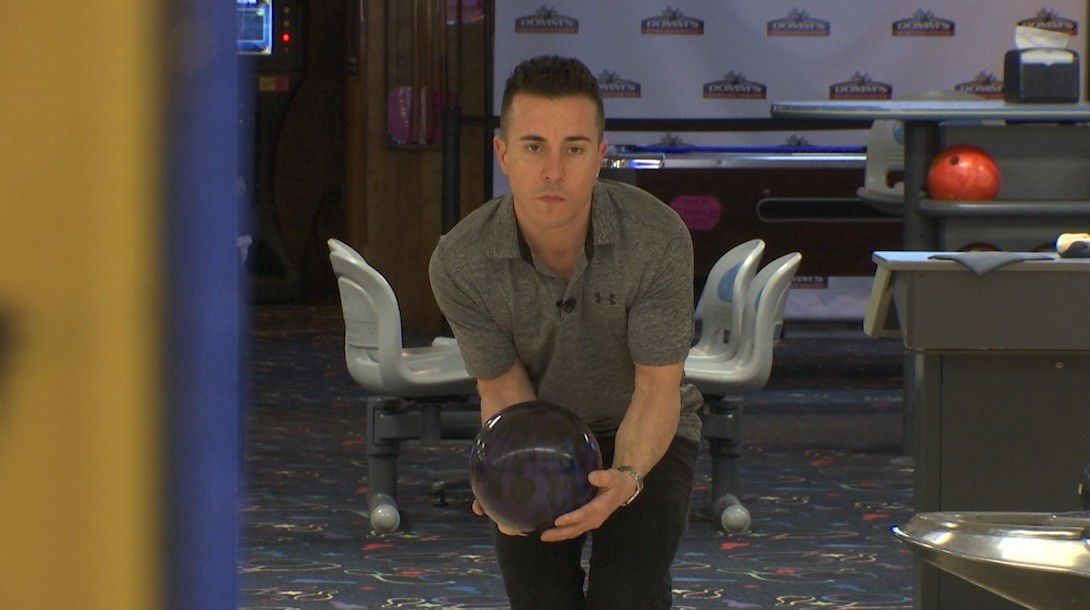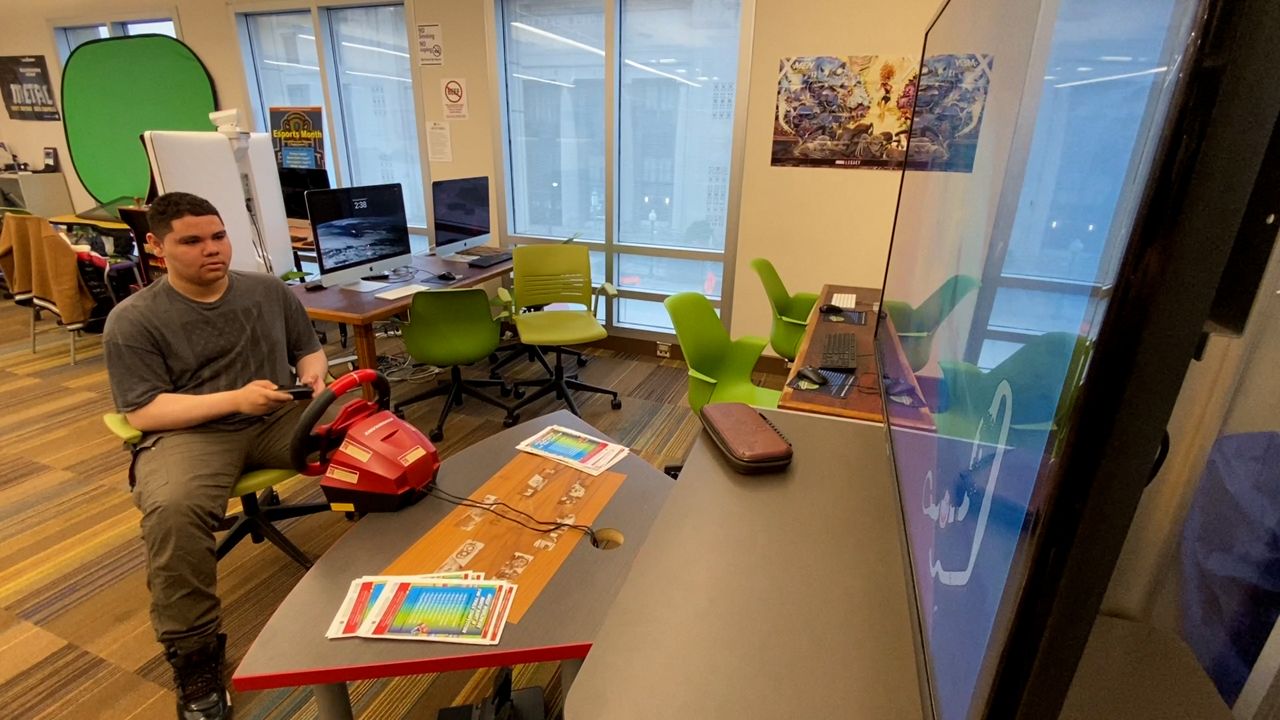The International Olympic Committee is looking to attract and retain young audiences through a new set of sports. During the Paris Summer Games this summer, the IOC is preparing to vote on a proposal to create the “Olympic Esports Games.”
What was once seen as a distraction is now receiving a newfound appreciation among the Olympics.
“There's tons of video gaming competitions that are already huge that are seen around the world,” video gamer Austin Manengu said. “So putting it in a place like the Olympics would make it a win [and] make it known to a lot more people. And I think it has its place in the Olympics finally.”
Just like traditional sports, the competitive world of video games has its own leagues, competitions and its share of famous athletes and fans, now considered as esports.
“The more esports out there, the more people want to go bigger, professionalize themselves to be in esports, just like you want to be a basketball player and you want to be a pro,” video gamer CJ Louey said. “[It's the] same thing here. And I think it's great.”
Although esports does not always receive the same level of recognition as traditional sports, they represent a sector that has grown significantly over the last 10 years, attracting millions of viewers and valued as a billion-dollar market. That popularity allowed organizations like the YMCA of Rochester to develop its own youth gaming lab in partnership with Metro Sports.
“Only 50% of kids actually play sports now,” CEO and founder of Metro Sports Shaon Berry said. “That leaves 50% of the community still remaining to be served. And a lot of the community that falls in love with gaming, that retreats to gaming, are oftentimes the marginalized kids, the kids who suffer from depression, the kids who suffer from anxiety, the kids that just don't have the friendships or they're not cool or whatever the reasons are. Oftentimes, gaming is the safe space for that.”
Studies show that video games are an interactive medium that creates a unique learning opportunity, giving gamers a skillset that improves cognitive function, problem-solving, decision-making, multitasking, reaction times, hand-eye coordination and memory.
“Everybody's not born 6’5'' and 250 lbs.,” Berry said. “So the NFL's not in everybody's future, even though they love to play the game. Forever ago, parents would say video games are a waste of time and just sitting and playing randomly for nothing might be. But if you have an interest in how to make the game, how to design the game, how to create the game, and how to do more than just what you see, pursue that because there's a real career behind it.”
It's giving the next generation more power to play for what could be the next esport athlete.
“Kids that don't have an outlet in sports, they're not good at sports and they don't feel like they have a place they can play in esports and learn all those good things about teamwork and working together,” Louey said.









